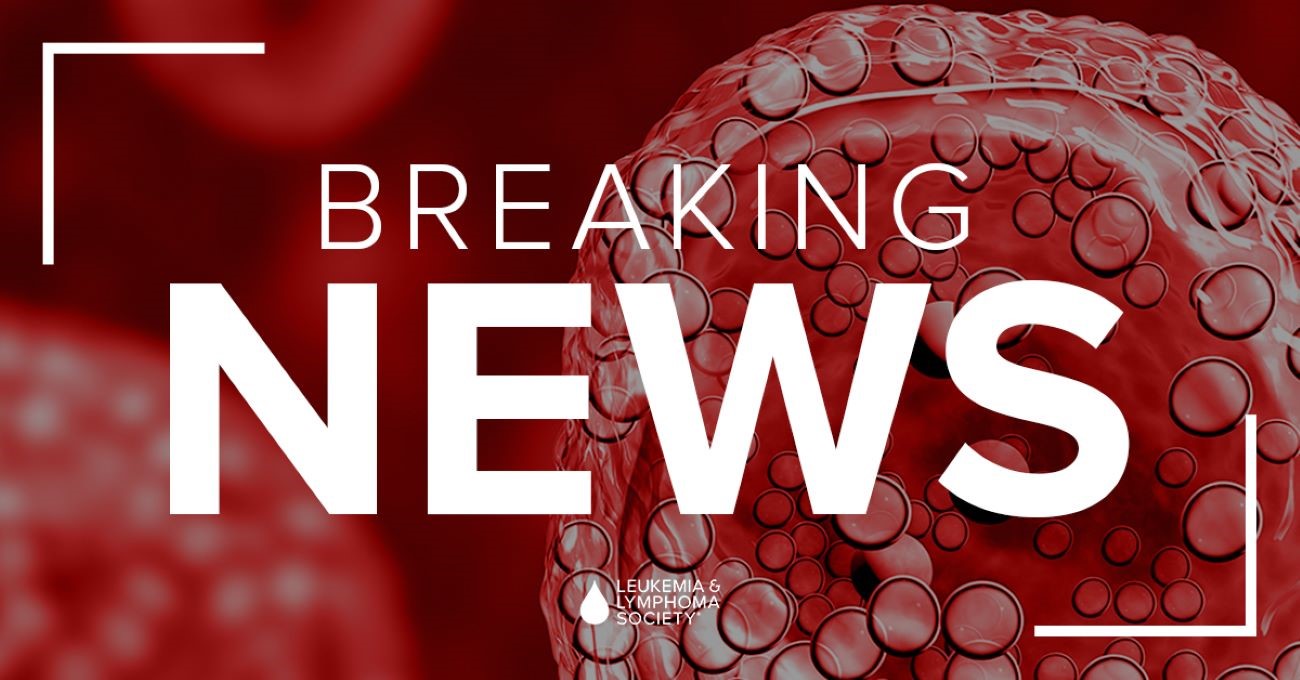The U.S. Food and Drug Administration (FDA) approved loncastuximab tesirine-lpyl (ZYNLONTA) to treat adult patients with relapsed or refractory (R/R) large B-cell lymphoma after two or more earlier treatments with systemic therapy including diffuse large B-cell lymphoma (DLBCL) and high-grade B-cell lymphoma.
The FDA approval is based on a Phase 2 study that enrolled 145 patients with R/R DLBCL or high-grade lymphoma including patients with difficult-to-treat disease. Results from the trial demonstrated an overall response rate (ORR) of 48.3%, which included a complete response (CR) rate of 24.1%. The median duration of response among the 70 responders was more than 10 months. The median progression free survival and median overall survival were 4.9 and 9.9 months, respectively. The treatment comes with warnings and precautions for adverse reactions including swelling in tissue and joints, suppression of bone marrow activity that can lower blood counts, infections and skin reactions
DLBCL is the most common type of non-Hodgkin lymphoma in the United States, and accounts for about 30 percent of all cases. DLBCL is often diagnosed in older adults and is an aggressive form of cancer that may spread quickly. More than 40% of first-line DLBCL treatments fail.
Today’s FDA approval is an encouraging advancement for patients with DLBCL whose disease has not responded to prior treatment, especially since the prognosis for patients who fail first-line therapy is poor, worsening with each line of therapy as the chance for cure or long-term disease-free survival diminishes.
LLS is determined to change the future of DLBCL treatment and care. Our support of laying the groundwork for CAR T-cell therapies has enabled the approval of three CD19-directed CAR T therapies for large B-cell lymphomas, including DLBCL.

